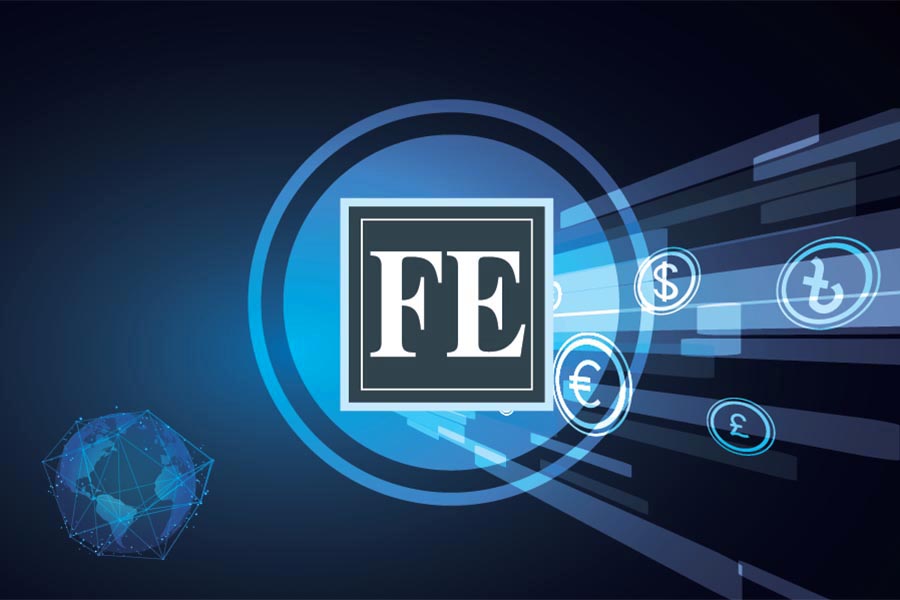
The US, where the first chip was developed, does not want China to access the most advanced chips required for developing Artificial Intelligence (AI). In fact, the ongoing chip war between these two countries is about who is going to dominate the world of AI, touted as the driver of the fifth industrial revolution. Though no one is certain if AI will be ultimately good or bad for humanity, still the big powers are competing with one another to take control of AI. So, the US has been restricting China's access to advanced chips being developed in its (US's) laboratories. As a result, China is being handicapped in its development of smarter technologies such as making autonomous vehicles, digital assistants, carrying out baking, online commerce and so on. More importantly, the US wants to curtail China's ability to develop AI-based technology for military use.
Even though, the US bans are depriving China of critical chip technology, the US chipmakers depend much on the huge Chinese market to sell their chip products and earn big profits. Obviously, without the Chinese market, the US chip business will suffer. And the result of this war will be that the Chinese state will invest more in developing advanced weapon-grade chip technology. The US will also do the same. But that will be at a cost. With the market of chips thus squeezed, the funds needed for domestic research and development (R&D) in chip technology in the USA will be in short supply.
From the business point of view, the Biden administration wants that more of these chips are produced in the USA, not in China. In that case, how far is its protectionist policy on chips going to help US chipmakers, if the world's biggest chip market is thus denied access to US chips?
The US move has not stopped at restricting US export of chips to China. Going a step further, last October, it (US) struck a deal with the Netherlands and Japan restricting export of vital semiconductor parts and chipmaking technology to China. These include export restrictions on legacy deep ultraviolet (DUV) machines and advanced AI chips. The extreme ultraviolet (EU) and deep ultraviolet (DUV) lithography machines are, for example, necessary to produce high end logic and memory chips.
But such move on the part of the US also runs the risk of triggering techno-nationalism in an era when nationalism on the political front is on the rise. And the way the West, in its bid to check China, is forming elitist chips or semiconductor-clubs, it reminds one of the exclusive nuclear club that was formed after the second World War. But the nuclear cub, whose aim was to deny other countries including China developing bomb-making nuclear technology did not finally work. For ultimately, it could not stop nuclear technology from proliferating. The present move to create a similar exclusive semiconductor club is also going to fail. For the call to stop nuclear technology from spreading had its justification, especially, after witnessing its capacity for devastation. But as a technology, chips, on the other hand, are harmless. The fear that AI may ultimately prove risky for humanity is still a remote possibility.
sfalim.ds@gmail.com

